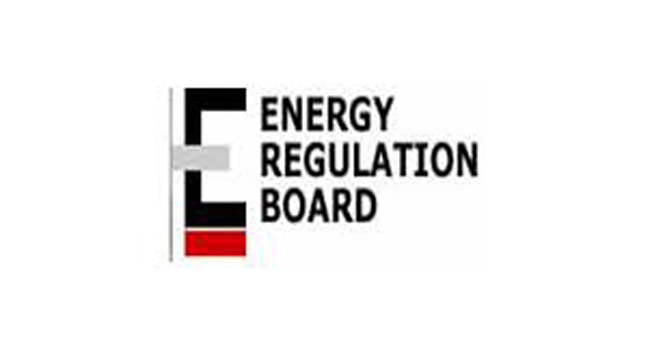By CHUSA SICHONE –
THE Energy Regulation Board (ERB) has introduced Fuel Marking (FM) aimed at increasing Government revenue by combating the infamous changanya (adulterated) fuel and rampant dumping of smuggled or transit fuel in Zambia.
Licence holders found abrogating the 2017 Energy Regulation (Petroleum Marking and Monitoring) Regulations Statutory Instrument (SI) risk having their permits suspended or revoked, fined 100,000 penalty units (K30,000) or imprisonment for a period of not exceeding two years.
ERB Executive Director Langiwe Lungu said at the inaugural FM stakeholders’ meeting in Lusaka yesterday that fuel marking would take effect on February 15, 2018 and that the programme would be extended to all imported petroleum products destined for the Zambian market, including low-sulphur diesel for the mines.
Ms Lungu said for a long time now, the petroleum sector had been characterised by challenges in meeting the required specifications by operators throughout the supply chain, with the major causes of compromise to fuel quality being contamination by adding sub-standard additives or kerosene (changanya) and rampant dumping.
“These vices, apart from depriving Government of huge revenues through evasion of tax, affect the level playing field for other legitimate industry players, contribute to poor quality fuel that affects the general motoring public and harm the environment and public health from contaminated fumes,” she said.
Ms Lungu said the ERB as a responsible sector regulator had designed the FM programme to safeguard the interest of all stakeholders in the petroleum industry and that it was a technology that was being employed in various parts of the world.
African countries like Ghana, Cameroun, Ivory Coast, Swaziland, Tanzania, Uganda, South Africa, Kenya and the Democratic Republic of Congo were implementing FM.
Ms Lungu said AuthentixInchad been selected to undertake FM following a
floatation of a tender and appealed to all industry players to urge their staff to ensure that the Zambian petroleum products quality monitoring guidelines were strictly adhered to.
ERB technical regulation director Allen Polito defined Fuel Marking as a process of adding an invisible bio-chemical substance to all legitimate fuel sold in the country.
Mr Polito said FM would be carried out at various points in the supply chain like filling stations, bulk depots, road and rail tankers as well as consumer site and that certificates would be issued once the fuel was certified genuine.
Mr Polito said the SI had given an inspector powers to inspect both licensed and unlicensed facilities and take samples of the petroleum product for verification and analysis, impound a transporting unit reasonably suspected to contain a non-conforming petroleum product.
An inspector also has powers to break any seal on a road tank vehicle for the purposes of taking a sample and thereafter affix a seal and record the seal numbers, order cessation of operations and that a person might dispute the result of the test in writing to the board within 24 hours.







